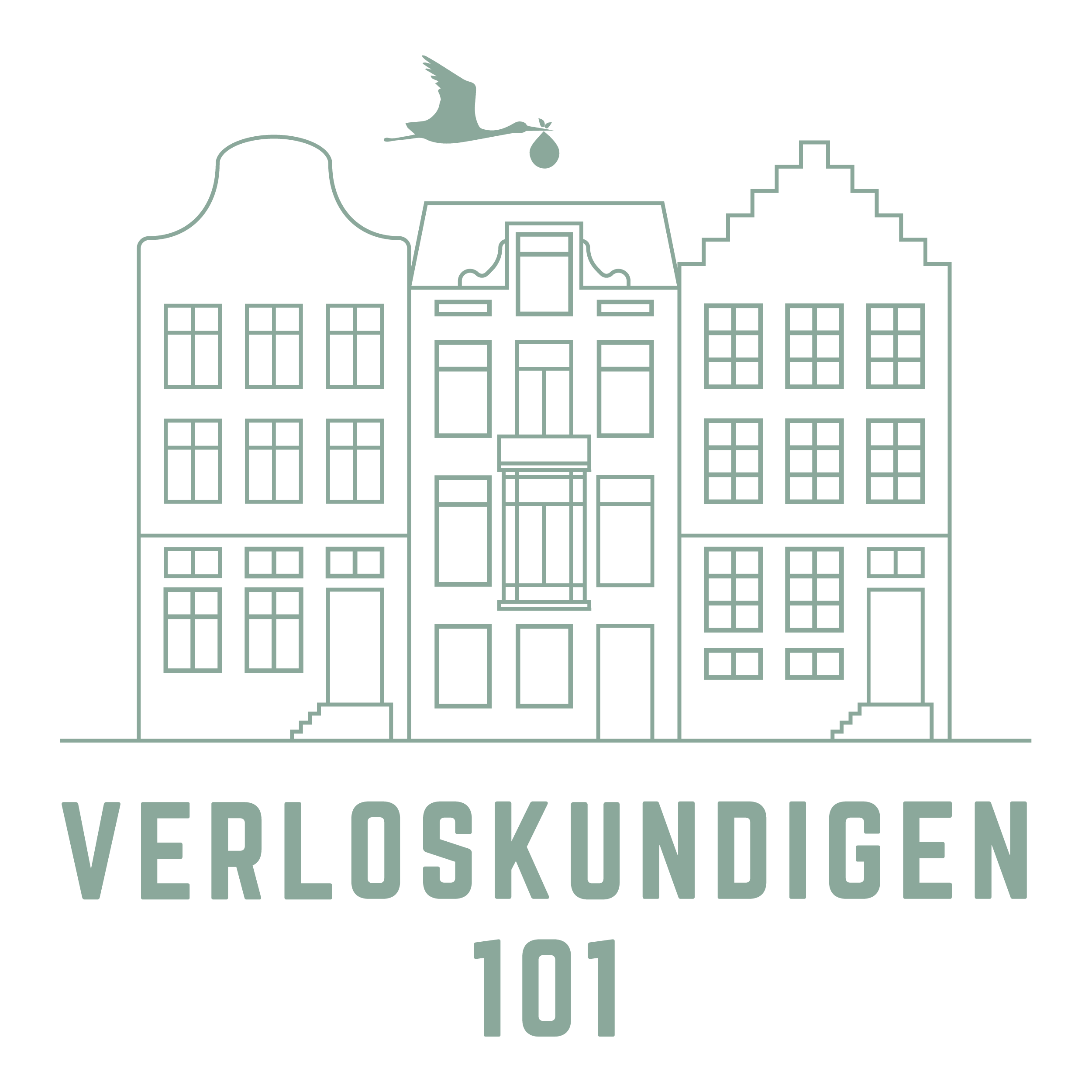The first hours after birth
Immediately after the birth, your baby will be put on your chest or stomach. The heart rate and breathing will slow down and become calmer during skin-to-skin-contact. The baby will be padded dry and wrapped with towels to keep the baby warm. The heart rate, breathing, muscles control, reflexes and the baby’s crying will be monitored which allows the midwife to give an Apgar-score. You will most likely not notice this part. Breastfeeding can start within the first postnatal hour. This can take some practicing which we will support you with. Once the heartbeat cannot be felt in the umbilical cord, this can be cut (by dad!). After which the placenta can be delivered. On average this happens within 30 minutes of the baby’s birth.
Suturing
The midwife will assess whether any stitches are necessary (this would happen under local anesthesia). Only in rare situations this cannot be done by us (for example, when part of the anus or mucosa is ruptured). In that case the gynaecologist will perform the stitching in the OR.
Physical check of the baby
We will check your baby from top to bottom, measure its weight, temperature and a variety of reflexes. We will give your baby 1mg of vitamine K orally upon your consent. This will cover its vitamin intake for the first week after which you will be advised to administer this on a daily basis. Vitamine K intake is recommended for the first 3 months, beyond 3 months the body will make enough of this vitamine. Vitamine K helps the blood to coagulate.
How long will you stay in hospital?
After some private time with the three of you, the kraamzorg (maternity assistant) will help you shower. After home deliveries, the kraamzorg will usually leave after four hours. When you have given birth in the hospital, you are usually discharged after 3 or 4 hours (you will have been able to go to the toilet independently). The kraamzorg will come to help you at home the following morning.
The first week
Dutch maternity postnatal care (kraamzorg) is quite unique in the world. Apart from the Netherlands, there is no country in the world where women receive a maternity nurse (kraamzorg) who support them the first week after birth. The kraamzorg will guide and teach you to care for your baby and helps with breastfeeding and bottle feeding. She monitors your recovery daily and checks the health of the baby (such as color, weight, temperature, drinking, defecation and urination).
Mama care
The first 24 hours postnatal the blood loss can be quite vast, often with clots (these can be the size of an orange). As long as you feel good, this is not a problem. When you need to change the pad every half hour, if you loose two or more orange-sized clots, or if you feel like an open tap you are loosing too much blood. In this case call the on-call midwife
Baby care
Your baby will urinate and pass stool within 24 hours after birth. The first stool of your baby has a black colour: meconium. This can last a few days until it will turn brown followed by yellow. The kraamzorg will keep a record of this so please keep all dirty nappies for her to check. Meconium is quite sticky and easiest to remove with some baby oil. The kraamzorg is in close contact with us and will consult anything that she is in doubt about. She remains remains about 8 days after birth, which can be extended if necessary up to ten days after birth.
Register you baby
A child must be registered within three days of its birth. The father or mother is obliged to register its birth at the municipality where the child is born. Registering a birth must be done in person at the District Council office (stadsdeelkantoor). To make an appointment please visit their website (www.amsterdam.nl).
Postnatal screening
Postnatal screening tests for newborn babies in the Netherlands consists of the heel prick test and hearing test. Both performed in the first week after birth. For more information, click here.
